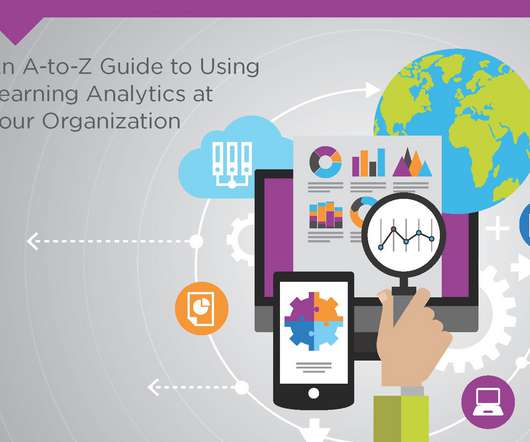Manager's Role in Learning and Performance Improvement
The Performance Improvement Blog
SEPTEMBER 17, 2013
In answering this question, the first thing managers have to understand is that continuous learning is the modus operandi for all high performance organizations. Individual, team, and enterprise performance can’t improve without learning. Learning isn’t in addition to a manager’s job; it IS a manager’s job.












































Let's personalize your content